Cats, those enigmatic and graceful creatures, have long been our companions, weaving their way into the fabric of our lives. As pet owners, we naturally want to share our lives and sometimes even our meals with our feline friends. However, not everything on our plates is suitable for our furry companions. It may seem harmless to offer a nibble of your dinner, but some human foods can be harmful or even toxic to cats. By understanding what foods are off-limits, we can ensure our cats lead healthy and happy lives.
Chocolate: A Sweet But Dangerous Treat

Chocolate, a beloved treat for many humans, is one of the most toxic foods for cats. This sweet indulgence contains theobromine and caffeine, both of which are particularly harmful to cats. Even a small amount can lead to symptoms such as vomiting, diarrhea, rapid breathing, and in severe cases, seizures or death. Dark chocolate and baking chocolate are particularly potent due to their higher theobromine content. While it may be tempting to share your chocolate dessert with your purring friend, it’s best to keep it out of reach. Instead, offer them a cat-friendly treat, ensuring they stay safe and satisfied.
Grapes and Raisins: Tiny But Treacherous

Grapes and raisins are popular snacks among humans, but they pose serious health risks to cats. Even a small quantity can lead to acute kidney failure, which is potentially life-threatening. The exact toxic compound in grapes and raisins is still unknown, but the risk they pose is clear. If your cat accidentally consumes grapes or raisins, look out for signs of lethargy, vomiting, or decreased appetite. Quick veterinary intervention can make a significant difference, so it’s crucial to act fast.
Onions and Garlic: Flavorful Yet Fatal
Onions and garlic, staples in many kitchens, can cause significant harm to cats. These pungent ingredients contain compounds that can damage red blood cells, leading to a condition called Heinz body anemia. Whether raw, cooked, or powdered, onions and garlic should never be part of your cat’s diet. Symptoms of ingestion include weakness, vomiting, and a reduced appetite. To protect your feline friend, keep these flavorful foods out of their reach, and always check ingredient labels for their presence.
Alcohol: A Dangerous Liquid

Alcohol is no laughing matter when it comes to cats. Even a small amount of beer, wine, or liquor can lead to severe health issues. Cats are much more sensitive to alcohol than humans, and ingestion can cause vomiting, disorientation, respiratory difficulties, and even a coma. It’s important to be vigilant during social gatherings where alcoholic beverages are present, ensuring your cat doesn’t accidentally indulge in a spilled drink. Instead, offer them fresh water to quench their curiosity.
Caffeine: Energy Boost That’s Too Much for Cats
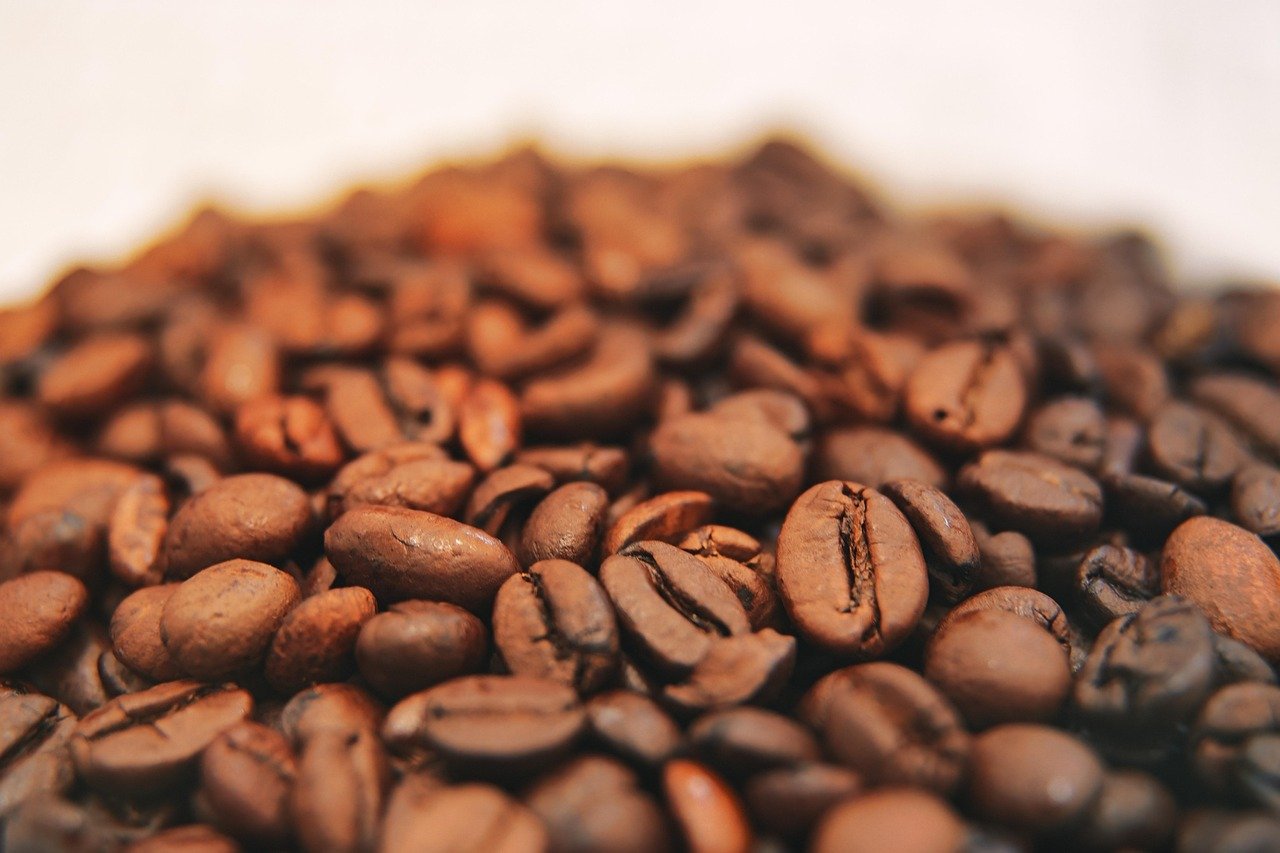
While caffeine might give humans a much-needed energy boost, it can be highly toxic to cats. Found in coffee, tea, energy drinks, and even some medications, caffeine can cause restlessness, rapid breathing, and heart palpitations in cats. The effects can be swift and severe, requiring immediate veterinary attention. To prevent accidental ingestion, keep caffeinated products out of your cat’s reach and be cautious about leaving drinks unattended.
Xylitol: Sweetener with Serious Consequences

Xylitol, a common sugar substitute found in sugar-free gum, candies, and some baked goods, can be extremely toxic to cats. Although not all cats are affected, ingestion can lead to a dangerous drop in blood sugar levels, causing symptoms like vomiting, loss of coordination, and seizures. In severe cases, liver failure can occur. Always check product labels for xylitol and ensure that these items are stored safely away from curious paws.
Raw Fish: Sushi Isn’t for Everyone
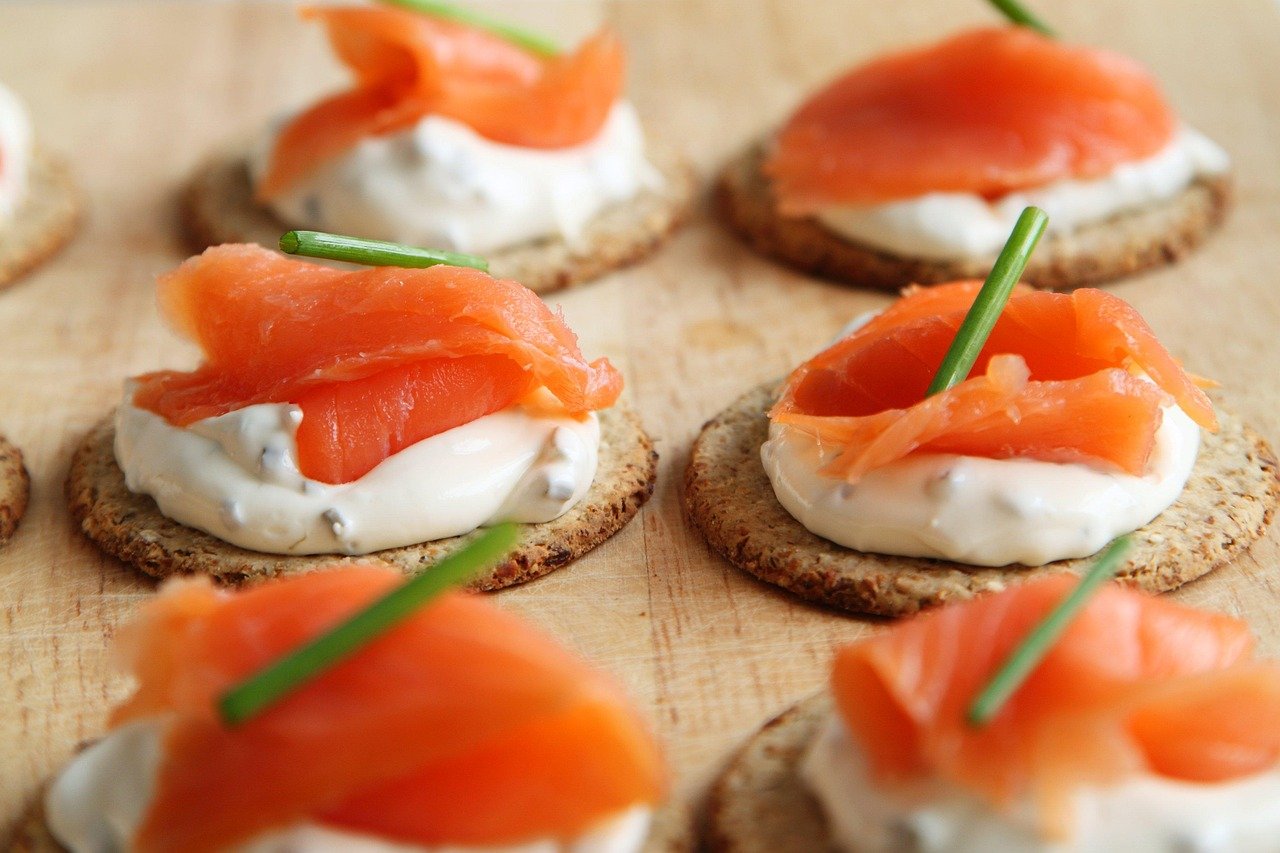
While it might seem natural to share raw fish with your feline friend, it’s not a good idea. Raw fish can contain harmful bacteria like Salmonella and E. coli, which can lead to serious gastrointestinal issues. Additionally, raw fish contains an enzyme called thiaminase that can destroy essential B vitamins in your cat’s body. Cooked fish, in moderation, can be a healthy treat for cats, but raw fish should be avoided to prevent potential health problems.
Dairy Products: Not As Cat-Friendly As You Think
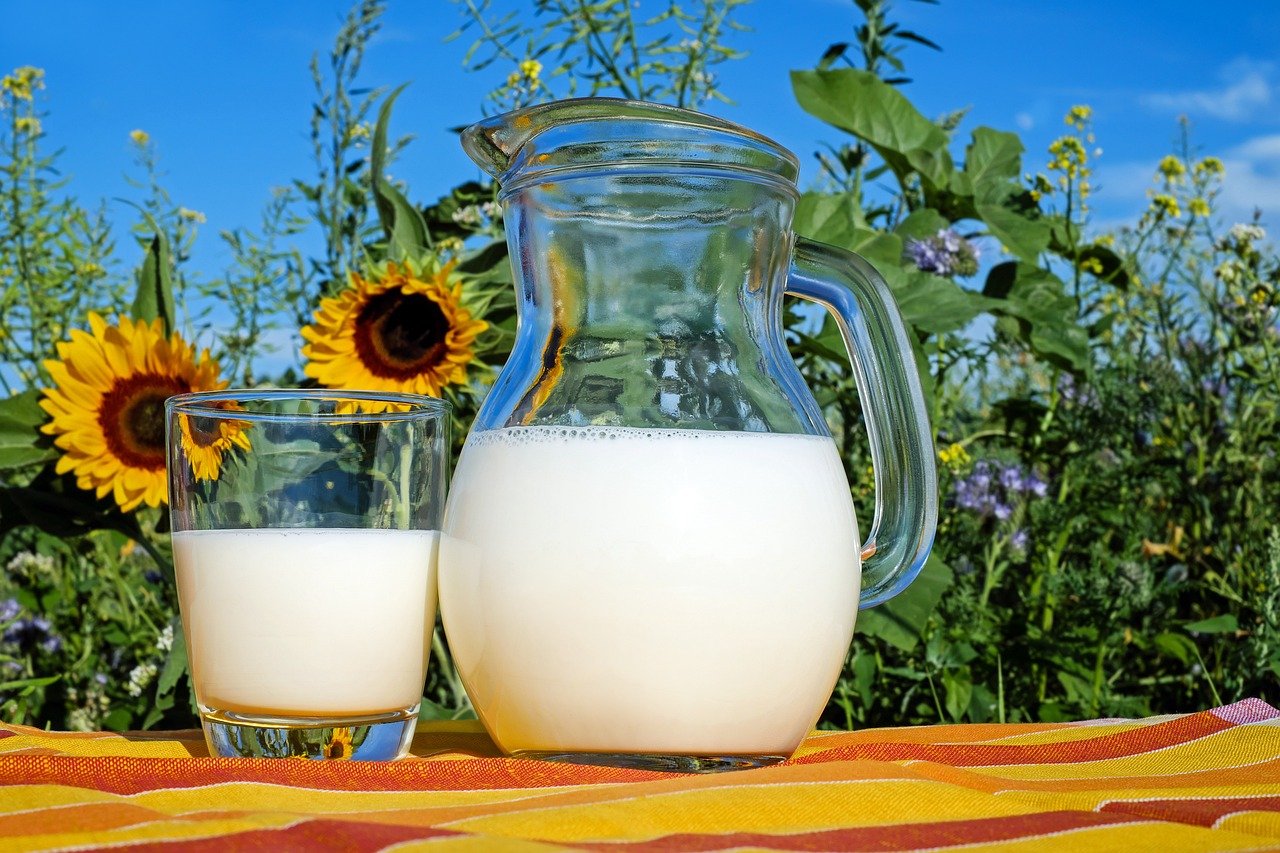
Contrary to popular belief, many cats are lactose intolerant and can’t properly digest dairy products. Feeding your cat milk, cheese, or yogurt can lead to digestive issues like diarrhea and stomach upset. While kittens can digest their mother’s milk, they lose this ability as they grow older. If you want to treat your cat, opt for lactose-free cat milk or specially formulated cat treats that won’t upset their stomach.
Avocado: A Fruit with Hidden Dangers

Avocado, often touted as a health food for humans, contains a compound called persin, which can be toxic to cats. While the flesh of the avocado is less harmful, the pit, skin, and leaves contain higher concentrations of persin. Ingesting avocado can lead to vomiting, diarrhea, and in severe cases, pancreatitis. If you’re enjoying some guacamole, make sure your cat doesn’t sneak a taste, and dispose of avocado waste securely.
Raw Eggs: More Than Just a Salmonella Risk
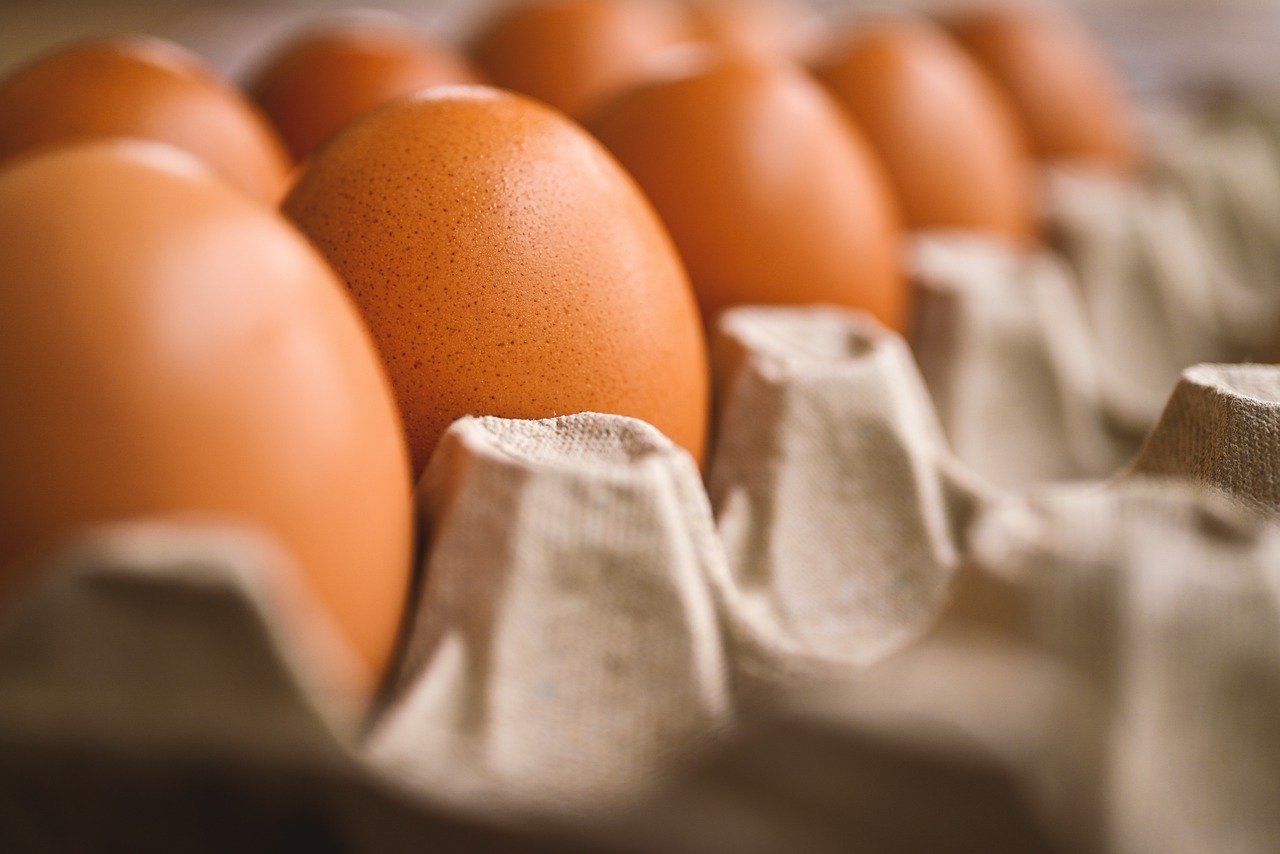
Raw eggs are another food that poses multiple risks to cats. Besides the threat of Salmonella or E. coli infection, raw eggs contain avidin, an enzyme that can interfere with the absorption of biotin, a vital B vitamin. This can lead to skin and coat problems over time. Cooked eggs, on the other hand, can be a nutritious treat in moderation. Always ensure that eggs are thoroughly cooked before offering them to your feline companion.
Conclusion
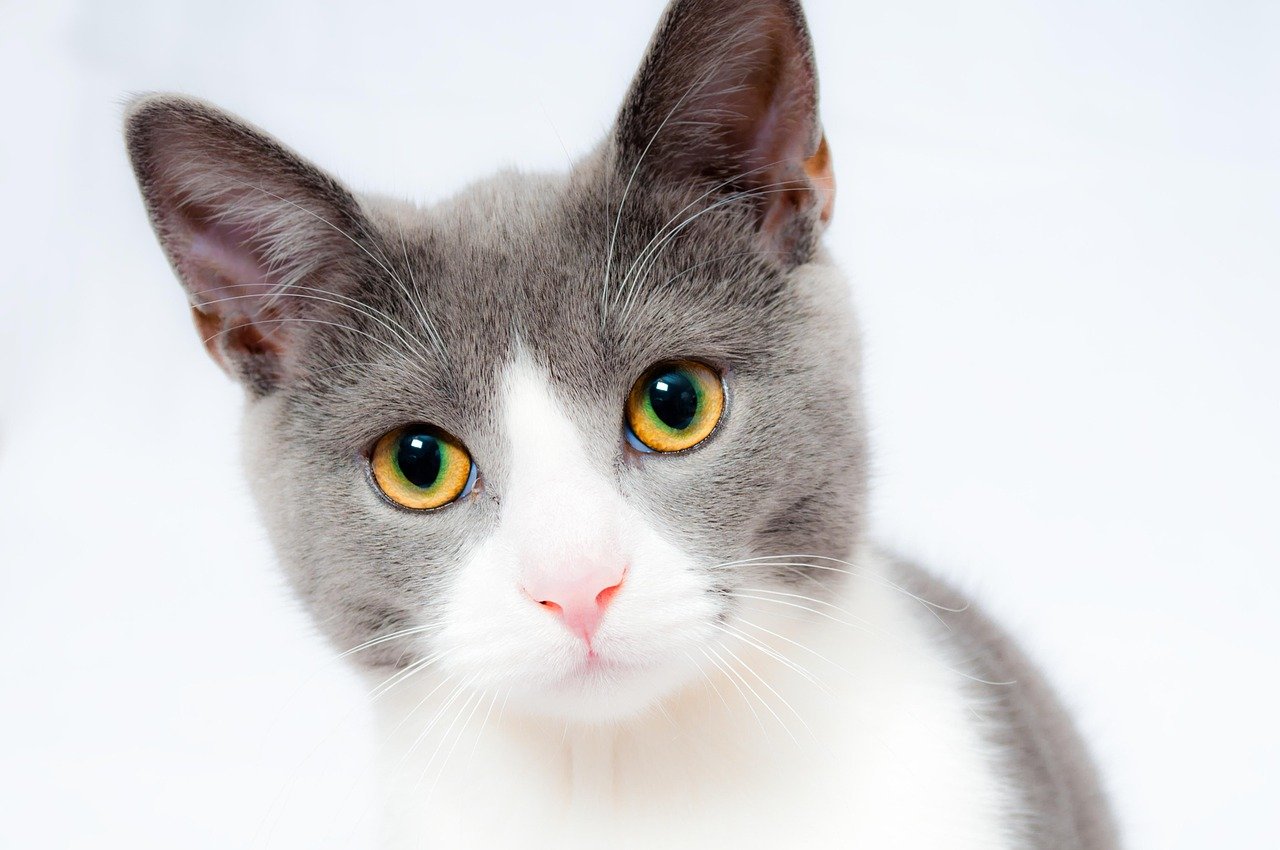
Keeping our cats safe extends beyond providing a loving home and regular veterinary care; it includes being mindful of what they eat. While sharing food is often a gesture of affection, it’s crucial to understand that not all human foods are suitable for feline consumption. By being aware of the foods that can harm them, we can make informed choices and ensure our cats live long, healthy lives. Always consult your veterinarian if you’re unsure about any food, and when in doubt, stick to a diet specifically designed for cats.
Hi, I’m Bola, a passionate writer and creative strategist with a knack for crafting compelling content that educates, inspires, and connects. Over the years, I’ve honed my skills across various writing fields, including content creation, copywriting, online course development, and video scriptwriting.
When I’m not at my desk, you’ll find me exploring new ideas, reading books, or brainstorming creative ways to solve challenges. I believe that words have the power to transform, and I’m here to help you leverage that power for success.
Thanks for stopping by, Keep coming to this website to checkout new articles form me. You’d always love it!






